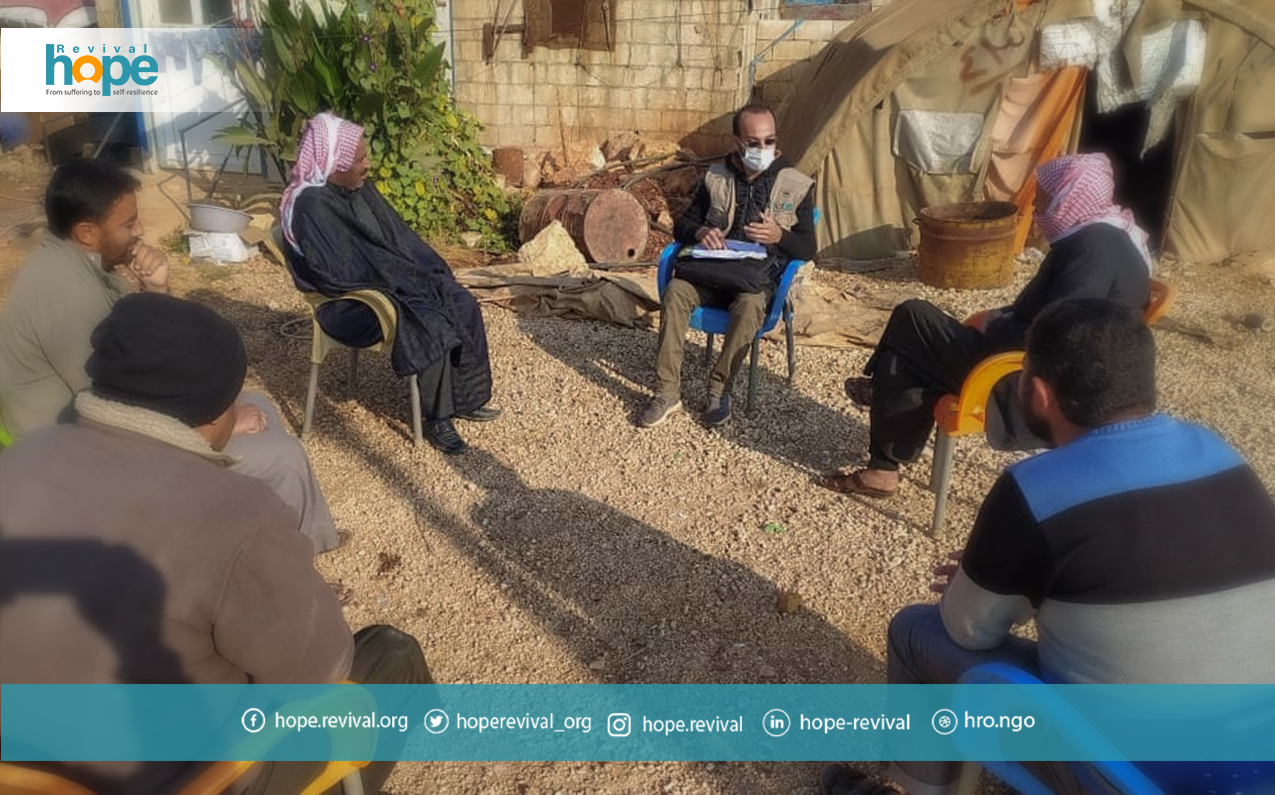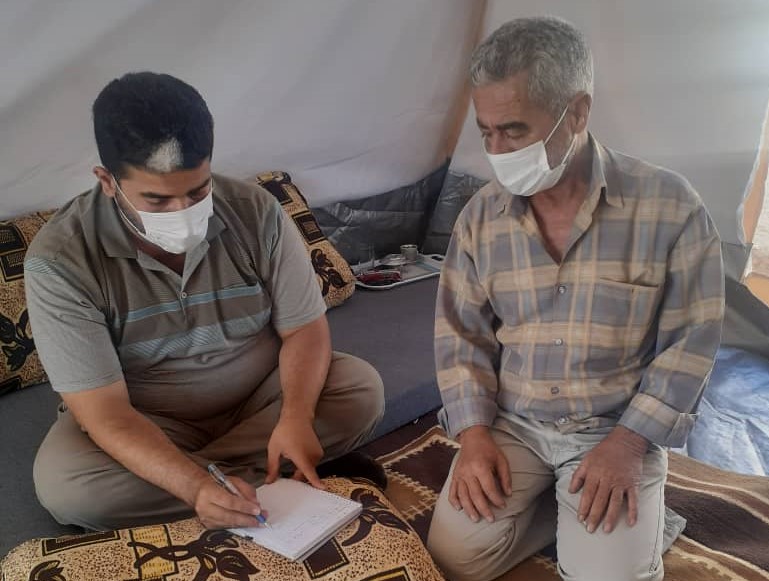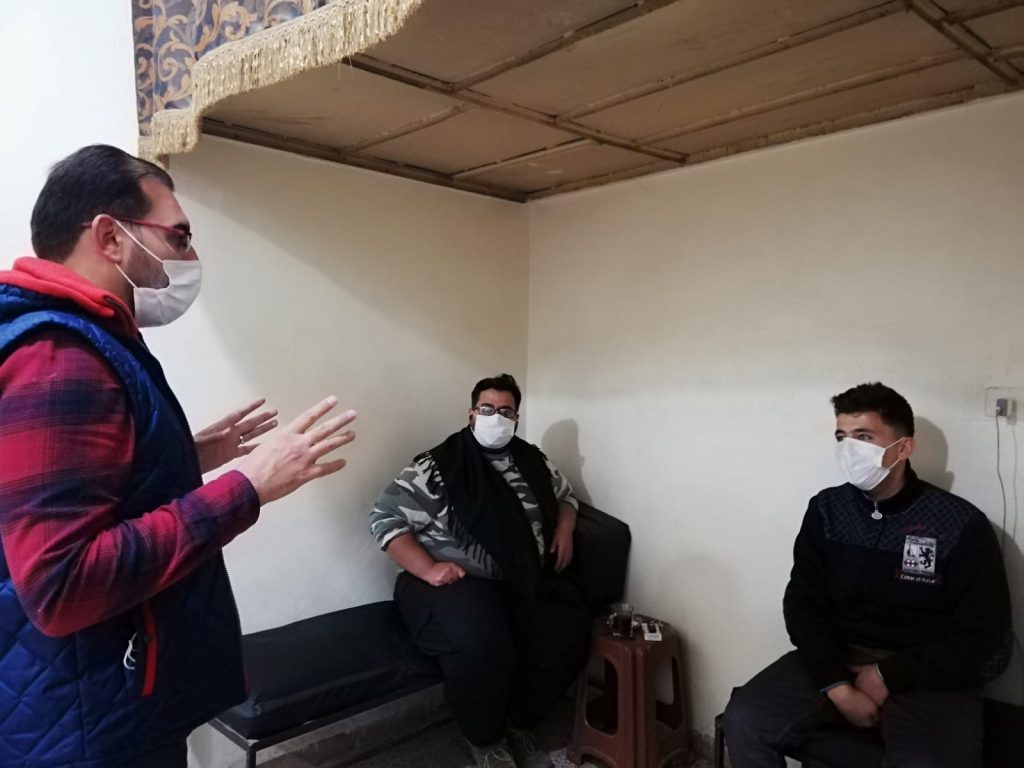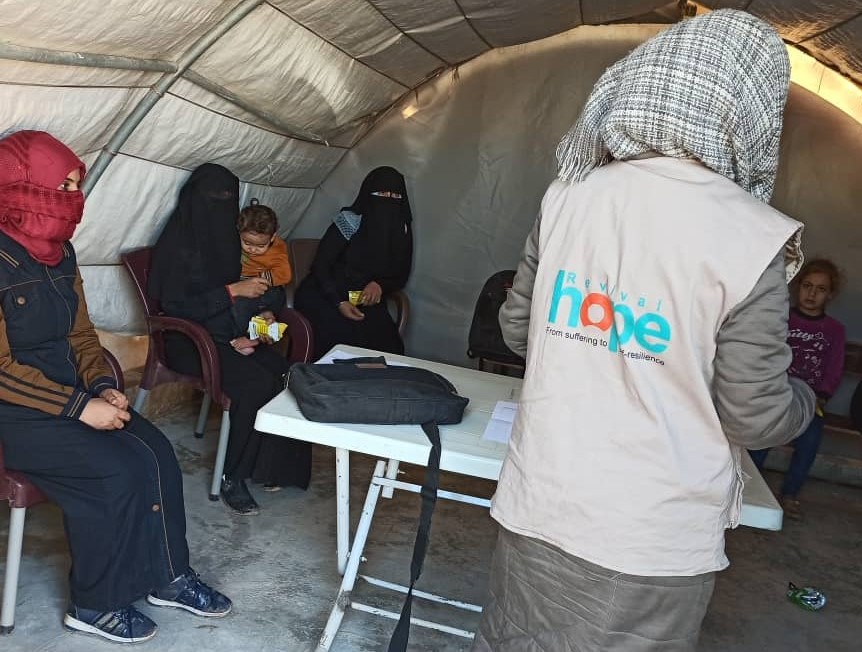
The war in Syria affected all age groups, but the largest share of the negative impacts was the children’s.
One of the most common problems is involuntary urination, which is considered a problem when the child reaches the age of five years.
Among the most important causes of involuntary urination are problems of the urinary system, such as infections, kidney stones, and others, which can be treated by drugs prescribed by a specialized doctor. However, other factors might lead to involuntary urination that are not associated with physiological disorder. They include stressful surrounding conditions such as wars and the resulting frequent displacement, bombing, displacement and deprivation of opportunities for play and a decent life.
In addition to factors related to the child’s social environment, such as the family and school, violence in all its forms whether verbal, moral and physical, as well as spoiling or neglect of the child, disregarding him or not listening to him. Comparison drawn between the child and his/her siblings or peers, and continuous criticism lay burden on the child beyond his/her capacity for reasons beyond his/her control.
To help the child, it is advised that the parents create a safe environment for the child, especially at home, through interaction and dialogue with him, actively listening to him, avoiding violence and not comparing him/her with others, and continuous reinforcement of his/her capacities, while refraining from drinking liquids before bedtime, especially stimulants such as coffee and tea, waking the child at night, and parents’ learning about the developmental characteristics of the stage that the child is going through.
Within the activities of the mental health project, a team of psychosocial support workers in Idlib and Aleppo countryside receive such cases and manage them, with the participation of parents and under the supervision of specialized technical supervisors, where group education sessions are implemented on this problem.
These activities have had remarkable positive effects, as there are many success stories that prove the effectiveness of the applied sessions in improving and healing these cases.

أثرت الحرب في سوريا على جميع الفئات العمرية، لكن القسط الأكبر من الآثار السلبية كان على الأطفال.
من أكثر المشاكل شيوعًا التبول اللاإرادي، والذي يعتبر مشكلة عندما يبلغ الطفل سن الخامسة.
ومن أهم أسباب التبول اللاإرادي مشاكل الجهاز البولي، مثل الالتهابات وحصوات الكلى وغيرها، والتي يمكن علاجها بالأدوية التي يصفها الطبيب المختص. ومع ذلك، قد تؤدي عوامل أخرى إلى التبول اللاإرادي غير المرتبط بالاضطرابات الفسيولوجية، وتشمل الظروف المحيطة المجهدة مثل الحروب وما ينتج عنها من نزوح متكرر وقصف وتشريد وحرمان من فرص اللعب والحياة الكريمة.
بالإضافة إلى العوامل المتعلقة ببيئة الطفل الاجتماعية، كالأسرة والمدرسة، والعنف بجميع أشكاله سواء اللفظي والمعنوي والجسدي، وكذلك إفساد أو إهمال الطفل وعدم الالتفات إليه أو عدم الاستماع إليه المقارنة بين الطفل وإخوته أو أقرانه، والنقد المستمر يضع عبئًا على الطفل يتجاوز قدرته لأسباب خارجة عن إرادة الطفل.
لمساعدة الطفل، يُنصح الوالدان بخلق بيئة آمنة للطفل، خاصة في المنزل، من خلال التفاعل والحوار معه، والاستماع إليه، وتجنب العنف وعدم مقارنته بالآخرين، والتعزيز المستمر لإيجابياته. مع الامتناع عن شرب السوائل قبل النوم وخاصة المنبهات مثل القهوة والشاي وإيقاظ الطفل ليلاً وتعلم الوالدين عن الخصائص التنموية للمرحلة التي يمر بها الطفل.
ضمن فعاليات مشروع الصحة النفسية يستقبل فريق من العاملين في مجال الدعم النفسي الاجتماعي في إدلب وريف حلب يستقبل مثل هذه الحالات ويعالجها بمشاركة أولياء الأمور وتحت إشراف مشرفين فنيين متخصصين، حيث يتم تنفيذ جلسات تثقيفية جماعية حول هذه المشكلة.
كان لهذه الأنشطة آثار إيجابية ملحوظة، حيث توجد العديد من قصص النجاح التي تثبت فاعلية الجلسات المطبقة في تحسين وعلاج هذه الحالات.


